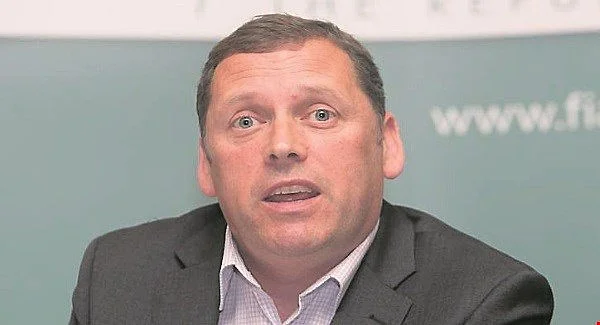This 2010 study written by Dr Chad Staddon, University of the West of England, Bristol, England, asking whether water metering reduces domestic water consumption is a very apt topic in light of today's 10/10 split decision of the Oireachtas Select Committee on the Funding of Domestic Water Services.
In what was a controversial and heated conclusion meeting, the Oireachtas Committee failed to reach agreement. On the one side those favouring charges for excessive use which by the way would necessitate metering, were 6 Fine Gael members along with Noel Grealish, Ind, Jan O'Sullivan, Lab, Grace O'Sullivan, GP, and Chairman Pádraig O Céidigh. On the other side voting to abolish water charges and metering were 5 Fianna Fáil, 2 Sinn Féin members along with Paul Murphy, AAA-PBP, Thomas Pringle, Ind, and Seamus Healy, WUAG.
Earlier in the day, prior to what was supposed to be a final meeting of the Oireachtas Committee, Simon Coveney, Housing Minister, made a statement saying that he would not introduce legislation to permanently end charges citing EU 'severe fines' and advice from the Attorney General. The minister's statement angered opposition political parties opposed to water charges and metering. Fianna Fáil claimed that Mr Coveney was breaking a'confidence and supply' arrangement which ensures the minority Government's survival. According to RTE News both Fianna Fáil and Fine Gael are to table position papers by Friday and the Oireachtas Committee will meet again next Tuesday.
Do Water Meters Reduce Domestic Consumption?: a summary of available literature
Study's Abstract
"At the present time 30% of UK households nationwide are on water meters and household consumption stands at approximately 150 litres/person/day (lpd), slightly more than Western European averages, but significantly less than North American or even Australian levels. Largely out of concern for the long-term effects of climate change on water supply, but also out of the notion that metering is “the fairest way to pay”, the UK government is currently trying to build a consensus around the idea of legislating compulsory metering for the nation’s 28 million households. However, there is much confusion as to the actual objectives to be served by such a policy, estimated to cost in excess of £3 billion. This paper presents the best available current research on water metering around the world, with a special emphasis on European, North American and Commonwealth comparator nations. In summary, the research suggests that there is little evidence that compulsory universal metering can achieve either the water conservation or social equity goals articulated by the government. The author concludes that policymakers need to think much more carefully about metering technologies and the purposes they are intended to serve."




